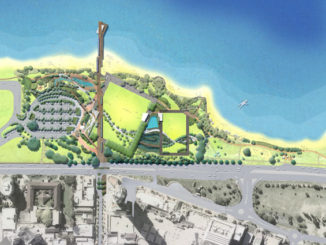Chandernagore is an erstwhile French Settlement in West Bengal India, roughly 40kms North of Calcutta. We designed and curated a 7-day placemaking workshop for students, to develop interventions in public space for Chandernagore from 14th to 19th January 2020. A riverside town, its urban design is characterised by a riverfront promenade known as The Strand, which is lined with all the important 19th-century Landmarks the Church, Jail, College, Court House etc. It is the most important public space in the town, active throughout the day, from people strolling to children playing as well as youth catching up with their friends.
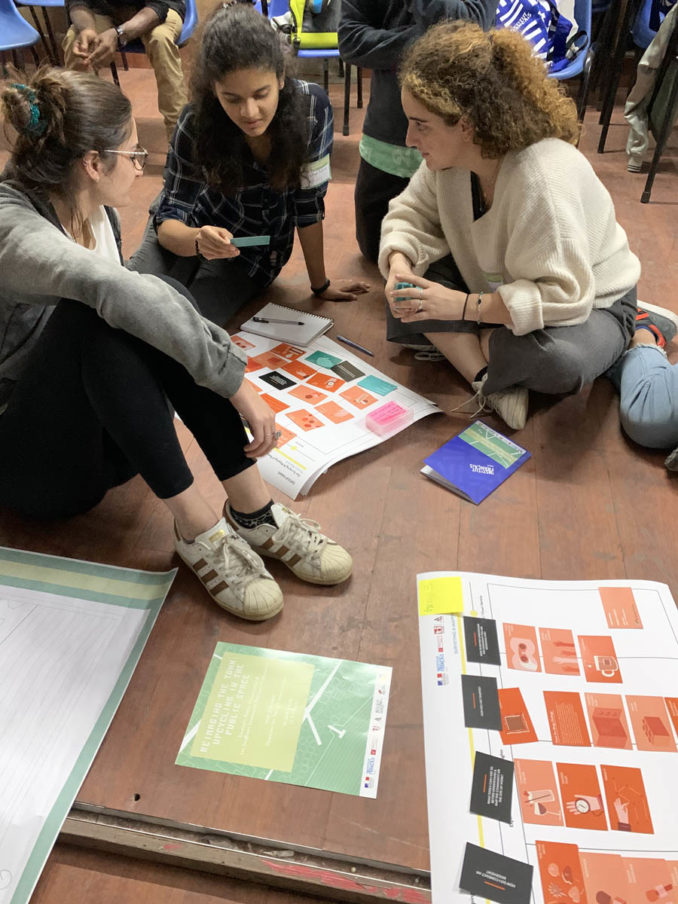
Our intervention was a part of an academic exchange between students from MIT Institute of Design and L’Ecole de design Nantes Atlantique India Studio through a 7-day workshop Reimaging The Town Upcycling in the Public Space. The workshop’s objective was to work with the community through playful interactions with the urban space to design interventions in public spaces to make the area more accessible and legible for the citizens of the town. To work with their “hands” and create simple interventions (using recyclable or waste materials) that impact the everyday lives of the people. The participants of the workshop familiarised themselves with the requirements. They worked in groups to prototype a design intervention built on the ground with the available simple low cost and reusable local material and put to the community’s test. The groups collaborated with a local NGO Terra Indica Collective, which provides vocational education to marginalised youth the building crafts and technical skills. The collaboration allowed the designers to work with the makers (which in India is still distinct) and learn from each other.
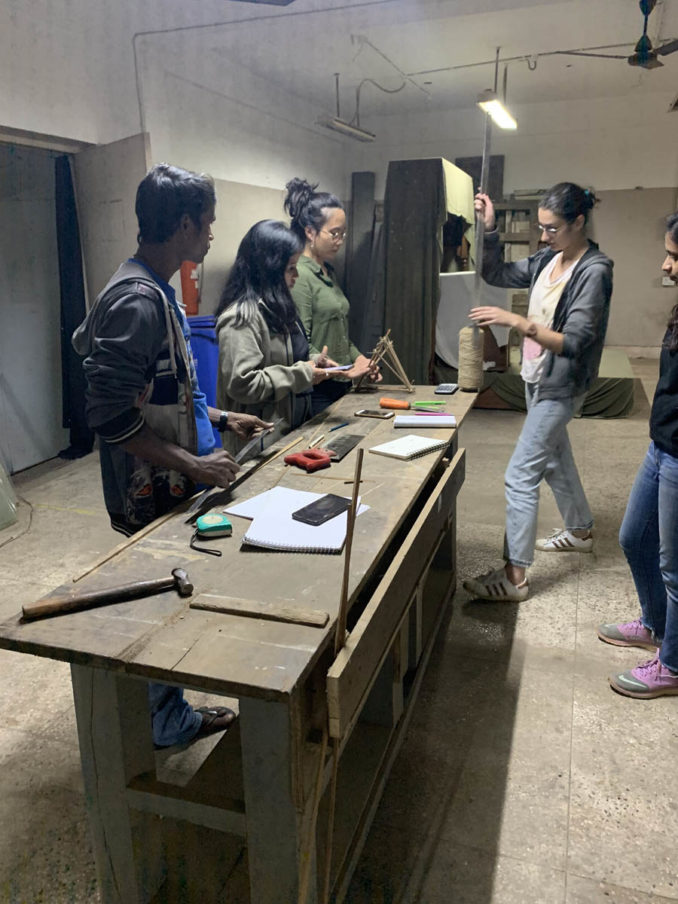
The first couple of days of the workshop was spent in familiarising the students with the context, they documented the ongoing activities of the community’s users, beneficiaries. They mapped their roles and actions in the public space. They surveyed, researched and found useful content that helped in building their concepts for the outcome. This activity’s main objective was for the students to use their research, observations, reflections, and skills set to come up with a unique concept. The concept was to have a socially conscious has a positive impact on the users and is relevant to the specific site or community. The designs were to include the upcycling concept, using locally available recyclable material, that was robust and easy to assemble and disassemble.
The next couple of days were spent to develop a clear plan for the execution of the design concept in co-creating between the designers and the makers. This activity’s main objective was for the students to exhibit their outcomes in the public space. The audiences, stakeholders and users could interact and engage with the students’ outcomes in collaboration with the local community.
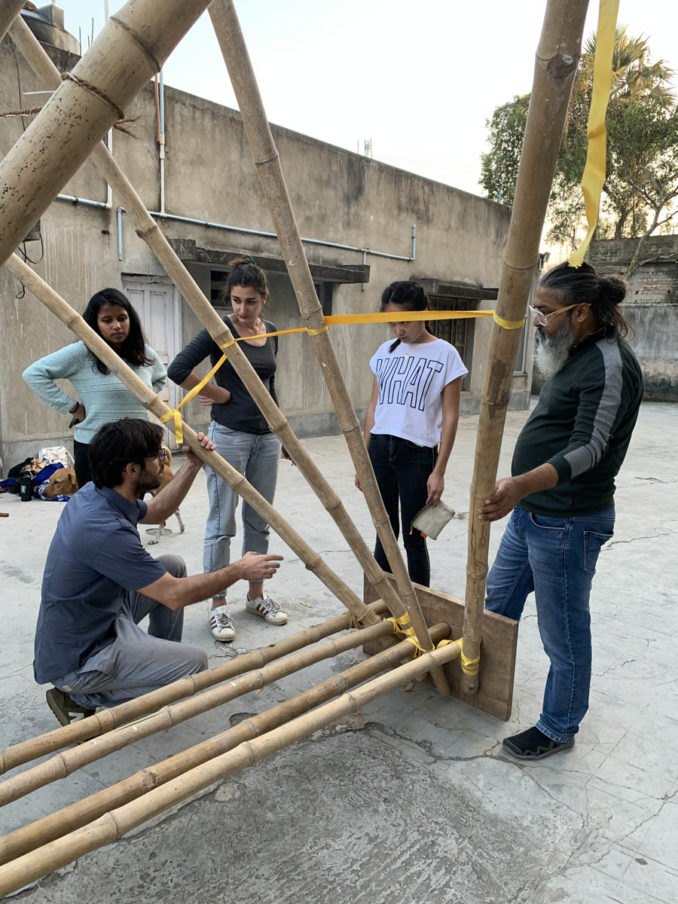
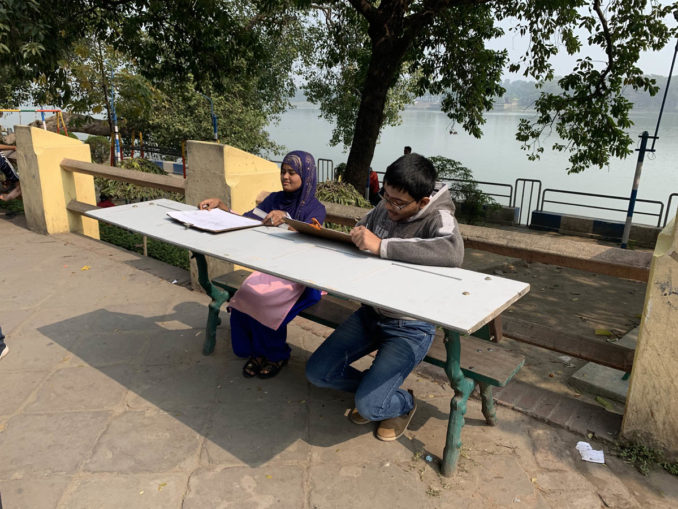
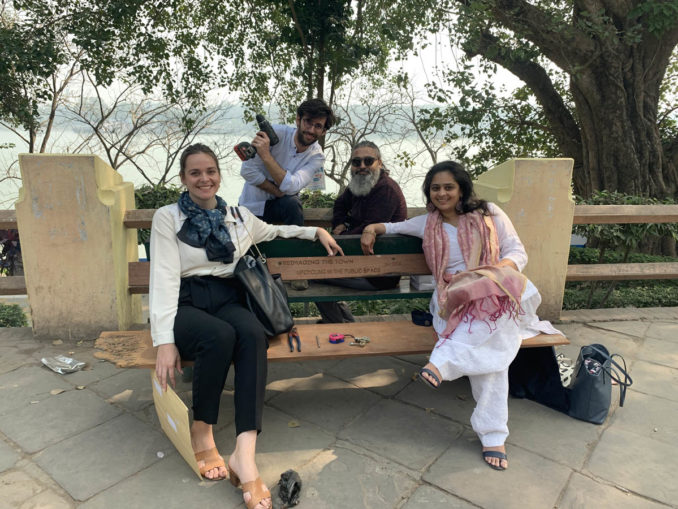
The upcycling workshop’s final day was when the pop-up installations were installed on-site, and the community and decision-makers were invited to give feedback for the same. The four different groups worked on different spaces on the Strand, and one worked on creating benches, another worked in the children’s play area.
The workshop was designed and curated by Aishwarya Tipnis Architects in collaboration with Samuel Remy Villette Makerz, Sayantan Maitra and Helene Thebault Supported by The French Institute in India Consulate General of France in Calcutta Alliance Franзaise du Bengale, Terra Indica Collective, Chandernagore Municipal Corporation and Chandernagore Govt College (College Dupleix).
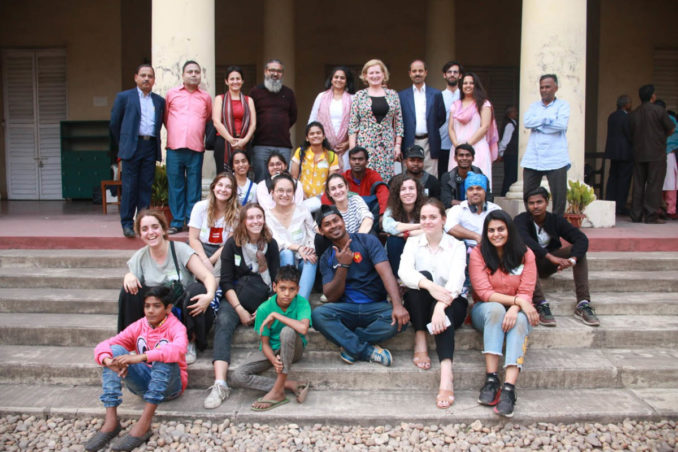
Text and Images: Aishwarya Tipnis


